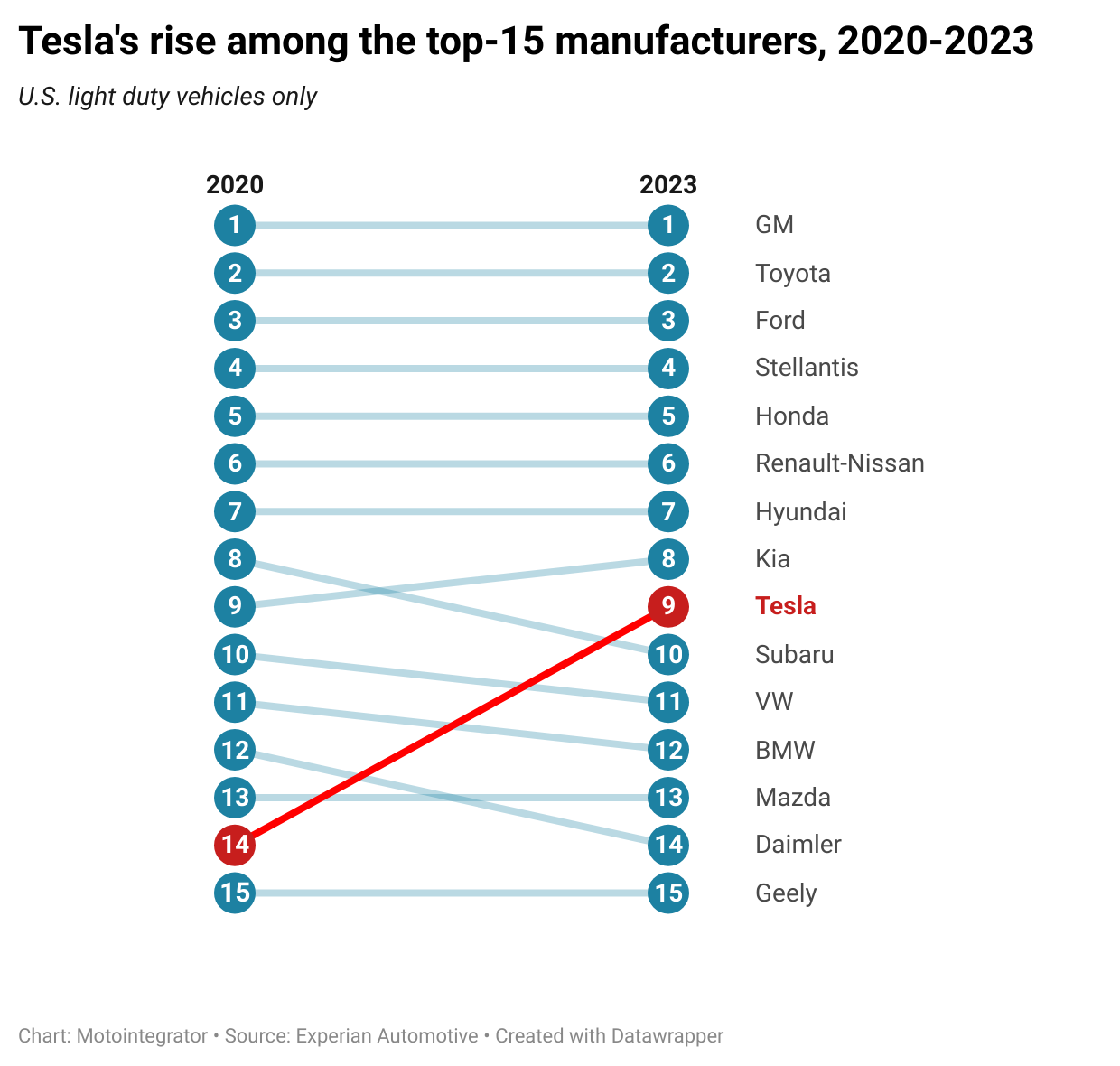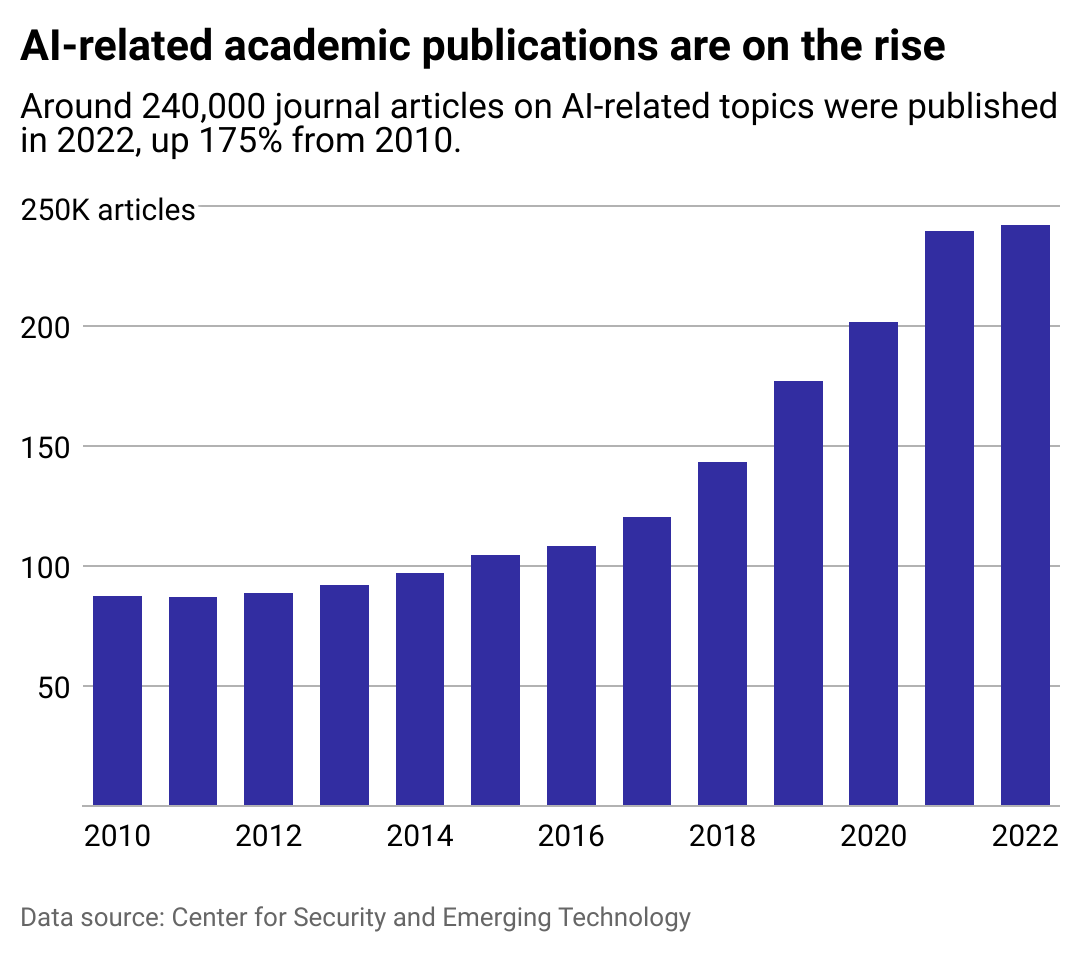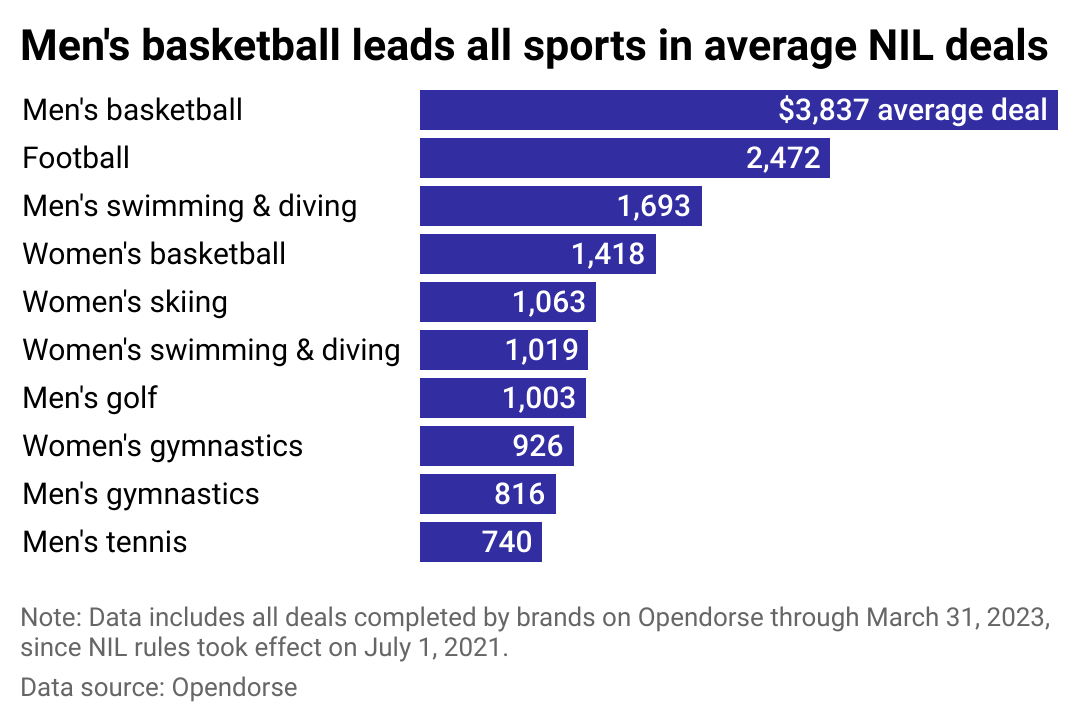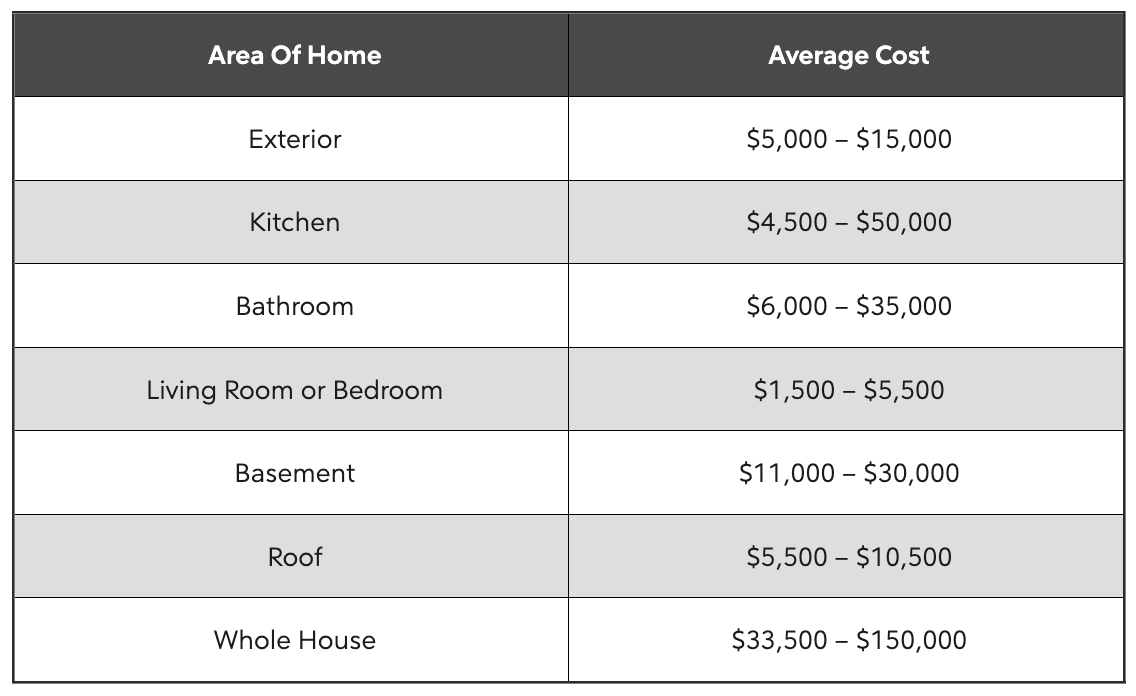Cooperman Barnabas Medical Center Announces Historic Gift from Andrea and Anthony Melchiorre to Support New Cancer Center
(BPT) - Cooperman Barnabas Medical Center (CBMC), an RWJBarnabas Health facility, has received a visionary gift of $30 million from Andrea and Anthony Melchiorre to support the new multidisciplinary …
4 Ways Students Can Develop Entrepreneurial Skills
How are family businesses adapting to AI?
Verbit used analyzed data from PwC's 2024 Global NextGen Survey to see how family businesses are adapting to artificial intelligence.
MBA students from top business schools around the globe are pledging to combat climate change
BestColleges reports on top business schools looking to move future corporate leaders toward proactive climate accountability.
Promoting innovation, sustainability and inclusion on the high seas
(BPT) - Defying the oceans on a 12 meter sailboat — while reaching speeds of 17 knots — to cross the finish line first, showing resilience, courage and great strategic skills: this is …

Across the nation, independent doctors are increasingly joining Aledade to provide better care and stay in business
(BPT) - Since joining Aledade in 2022, Coal Creek Family Medicine, a small independent practice in Louisville, Colorado, has used Aledade’s proprietary population health tool and in-practice …
What to know when buying a used electric vehicle
CarGurus provides specific information that you should be aware of before you venture into the marketplace for a used battery electric vehicle.
Divided we drive: America's EV adoption gap
Motointegrator worked with research experts to look at the electric vehicle trends throughout the U.S. and what they say about the country's transition.
How to budget for home renovations
Rocket Loans explains the importance of sticking to a budget when renovating a home.














